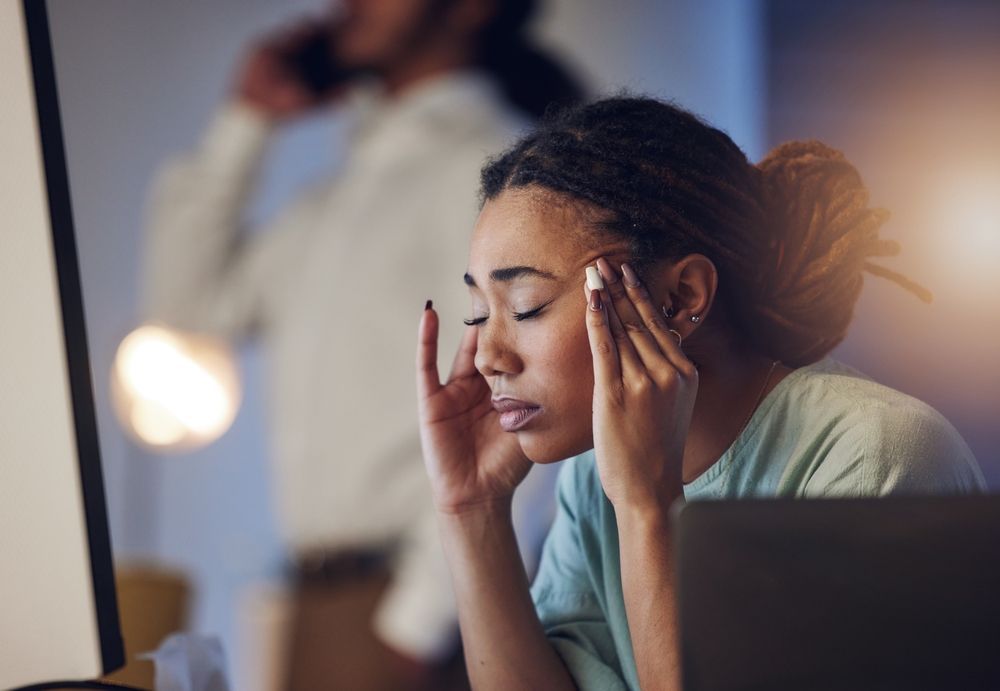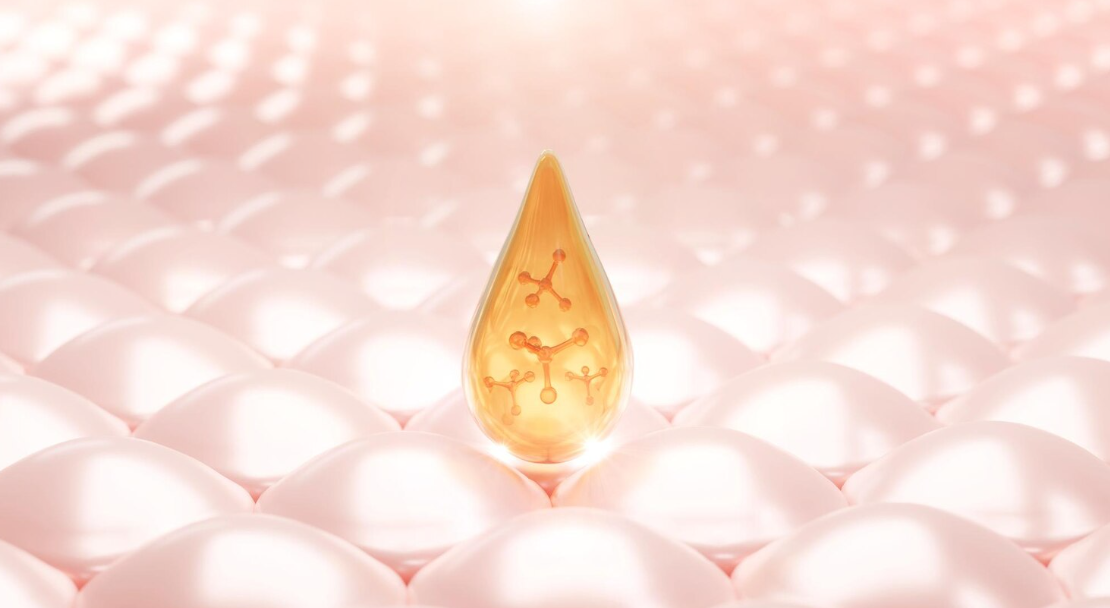
Navigation links
Free Consultation
It's important to know that you are not alone. Get help with depression today!
TMS THERAPY SUPPORTS MENTAL WELLNESS
- Depression
- Lack of Joy
- Sadness and Despair
- Low Mood
- Lethargy
- Insomnia
- Oversleeping
- Social Isolation
- Self-Harm
- Substance Abuse
- Suicidal Ideation
- Alcoholism
Anxiety can be tough to deal with in your daily life. It can manifest itself in many ways and can greatly impact your life and relationships with others. Find out how to effectively cope with anxiety and learn when and where to get help. Managing anxiety can help you lead a more productive and rewarding life.
Coping With Your Anxiety
Find out how to better manage your anxiety, and get tips on how to cope when it's making life difficult. With some practice and some support, you can manage the symptoms of anxiety.
Avoid Drugs and Alcohol
Using drugs or alcohol, or a combination of both, can make your anxiety worse. If you're suffering from frequent symptoms of anxiety that are negatively affecting your life, it's best to avoid these harmful or addictive substances. Quitting these substances may also help control your anxiety. If you need support quitting drugs and alcohol, our professionals at Unchained Wellness Clinic can help.
Stay Active
Staying active can reduce your stress levels. When you reduce stress, you can also help control your anxiety or, at the very least, have a big positive impact on managing the symptoms.
Physical activity has the potential to stimulate the release of endorphins, which are natural chemicals that can enhance your overall sense of well-being. This feeling can be experienced during various forms of aerobic activity, often referred to as a "runner's high."
Try to stay active daily, if possible, and make exercise a part of your routine. Whether you walk, lift weights, or even swim, most activities are great for helping manage anxiety.
Get Enough Sleep
Getting enough sleep can be a challenge for some people, especially if you have insomnia. However, if you're not getting enough sleep, it can definitely make your anxiety worse. In this case, you may want to ask your doctor or healthcare provider about insomnia solutions or ways to help you relax and get to sleep. Deep sleep has been known to rejuvenate the brain's prefrontal mechanism responsible for regulating emotions, which can help when treating anxiety.
Learn Your Triggers
Perhaps one of the most important ways to help manage your anxiety is to learn your triggers. Take note of where you're at, who you're with, and the atmosphere you're in whenever anxiety strikes. Try to learn why situations trigger anxiety and find solutions to help manage the problem. You may need the guidance of a professional to help you sort through these details.
Get Help
If your anxiety becomes frequent or unmanageable, there's always hope. At Unchained Wellness Clinic, a trusted wellness clinic in Gilbert, AZ, our team of reputable treatment providers and therapists can help you learn how to identify anxiety triggers and how to deal with them effectively.
Find Anxiety Support in Gilbert, AZ
If you suffer from anxiety and want to get support to help you manage your symptoms, call Unchained Wellness Clinic at (480) 536-9473. We can help you get the tools, professional support, and motivation to get your anxiety under control. Learn how to live with frequent anxiety and overcome it to help you live a more fulfilling life by scheduling an appointment with us today.



